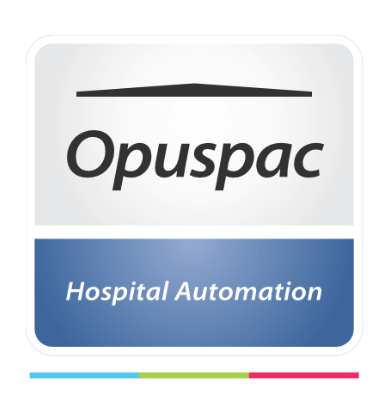
Opus 30i+BC
A single machine that cuts and unitizes blisters and ampoules
Description
The Opus 30i+BC is an integrated, 100% automatic solution for cutting blister and unitizing blisters and ampoules.
Integrates Unit Dose Machine, Automatic Blister Feeder and Blister Cutter.
Unit Dose Module Main Features
Packs and print information and codes starting a special roll of material where pre-made packages , are placed.
Product feeding can be made: manually in case of groups of products, or kits, semi-automatic for ampoules, vials, blister, small bottles and also fully automatic for blister, ampoules, vials and small bottles, with operator doing other jobs meanwhile the machine is working, giving you a multitasking operator.
Blister Cutter
A 200 beds hospital needs to cut about 30.000 doses per month.
Rate of manual cutting is 400 cuts per hour. Cutting time is 75 hours per month.
With automatic cutting machine (BC 100) is made at an average of 2,000 cuts per hour.
As this cutting is done simultaneously with others operations, then practically it is saved all the time of cutting.
Besides manual cutting is a repetitive effort that causes a professional lesion with possible legal claims













